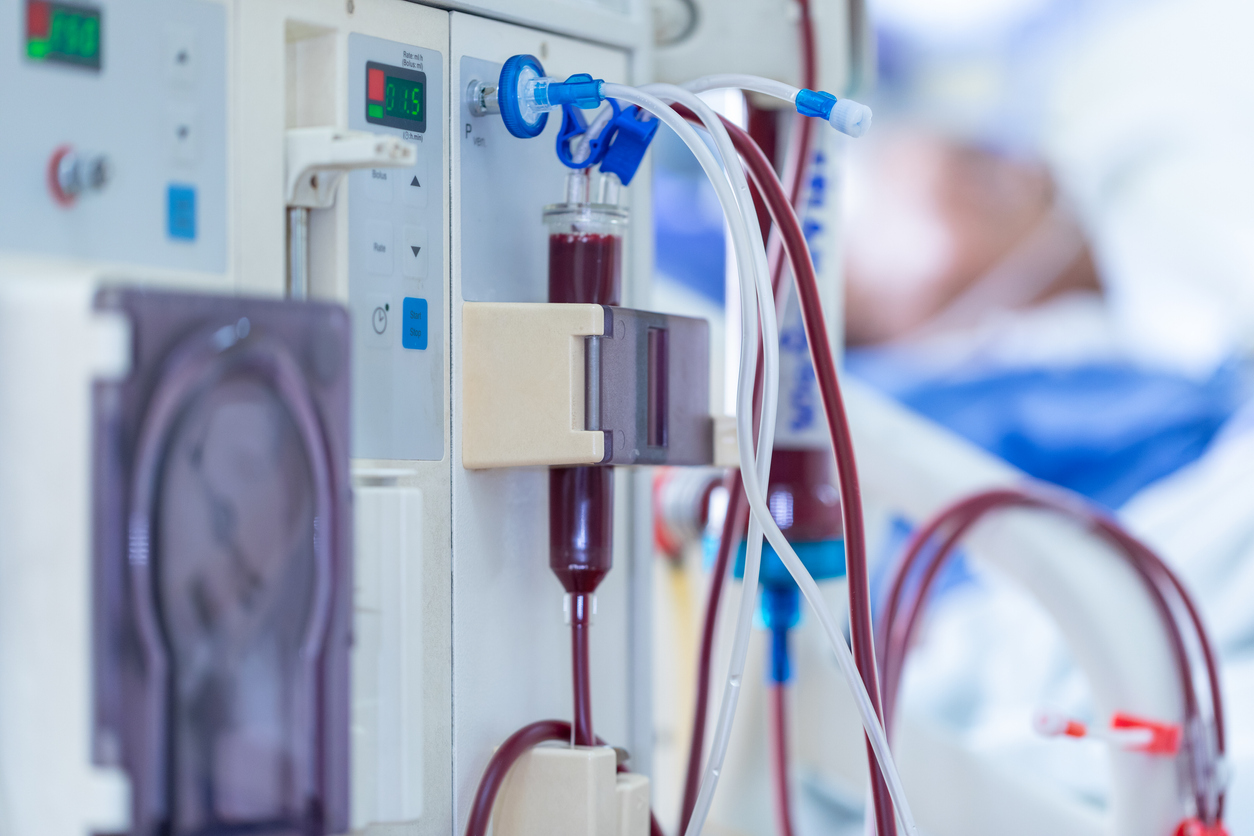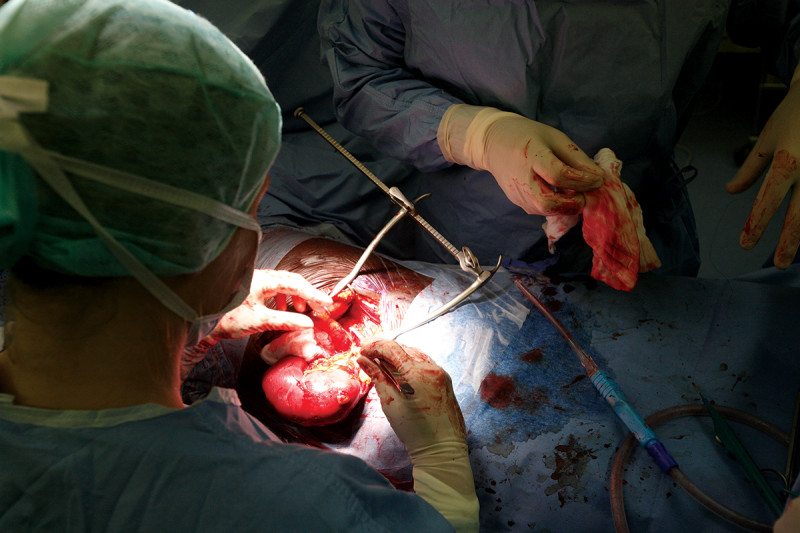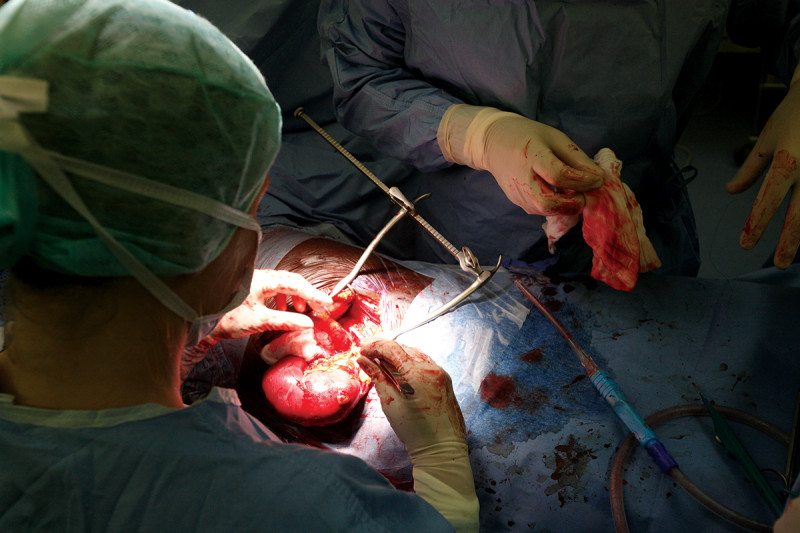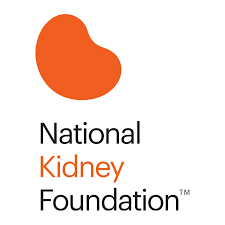“For individuals receiving in-center hemodialysis, the risk for having a positive test for infection or admission with suspected COVID-19 is associated with age, diabetes, local community COVID-19 rates, and dialysis unit size, according to a study published online in the Clinical Journal of the American Society of Nephrology.
Ben Caplin, MBChB, PhD, from University College London, and colleagues explored the role of variables such as community disease burden, dialysis unit attributes, and infection control strategies among patients receiving in-center hemodialysis between March 2 and May 31, 2020. Data were included for 5755 patients receiving dialysis in 51 units. Outcomes were defined as a positive test for infection or admission to the hospital with suspected COVID-19.”
Read more, here.









